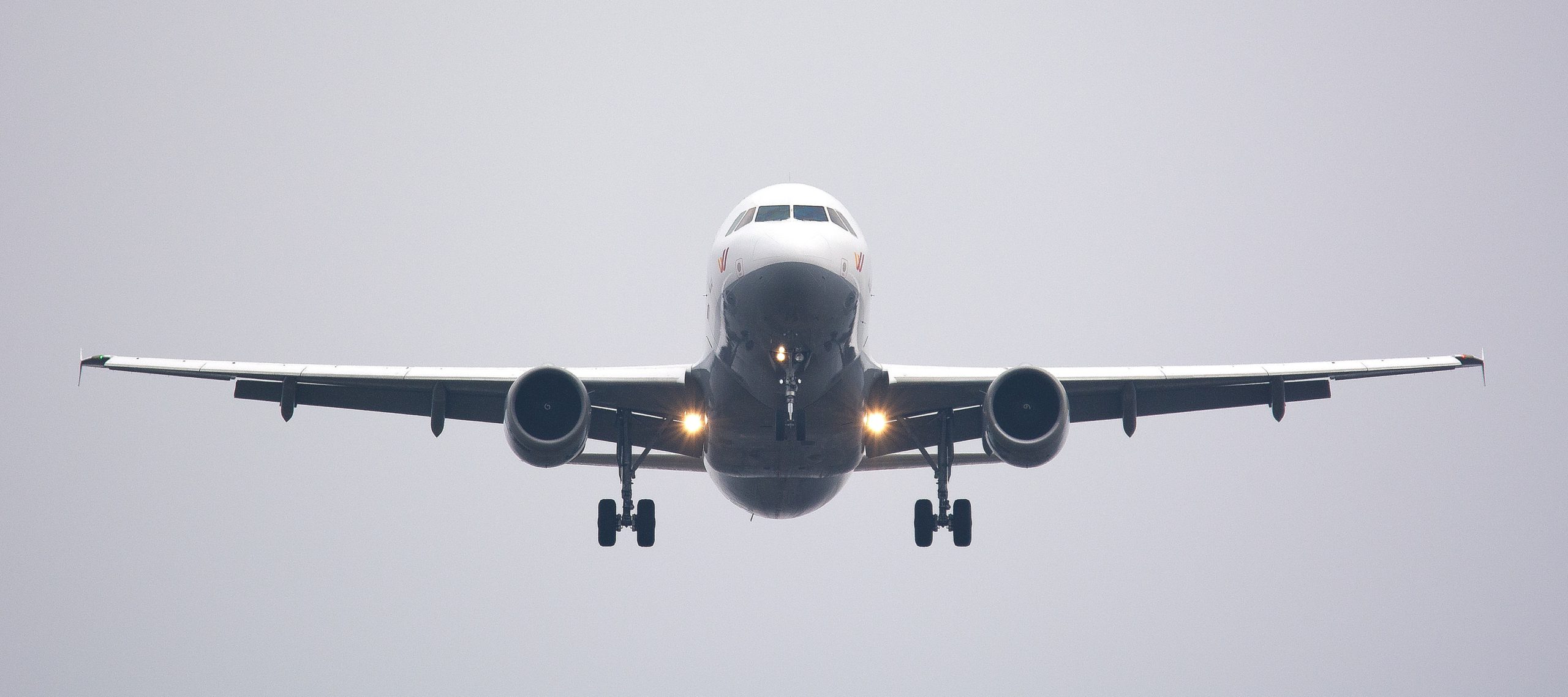On August 9, the Canadian government announced that the travel ban from India had been extended to September 21, 2021.
The travel ban, which initially affected those travelling from both India and Pakistan, was first enacted in April due to the worsening COVID-19 situation in India as well as concerns regarding the highly infectious delta variant, which originated in the country. Direct flights between Canada and the affected countries were suspended, leaving those looking to come to Canada having to transit through another country beforehand.
Vinitha Gengatharan, executive director at York International, says the university is doing its best to accommodate those who are unable to come to campus.
“York has been working with our students in India, Pakistan, and around the world as students face not only challenges with the travel ban, but also with study permit and visa processing delays. Students from these countries are able to continue to take courses that are offered online/remotely for the fall term.”
Gengatharan also reaffirmed York’s commitment to shouldering the expenses of the government-mandated 14-day quarantine for unvaccinated travellers.
“With respect to specific supports, the university continues to cover the cost of quarantine, provide entry support letters and immigration advising for all international students. In addition, we have set up vaccine clinics on campus to ensure international students who are not yet vaccinated are able to do so when they arrive in Canada.”
Nevertheless, Indian international students still face significant obstacles that hinder their ability to come to Canada.
Divya Arora, a human resource management student, came to Canada in early July, a few months after the travel ban was put in place. This required her to stop over in Germany and Mexico before arriving in Toronto. Arora states that she had to pay almost $4,000 for her plane ticket — three times more compared to a direct flight.
“It’s too high. It’s too expensive for Indian students to come here, but they’re still paying because they’re international students and they have visas that will be valid for only one or two years. Travel agents are selling tickets at such high prices and students who belong to poor or middle-class families are still buying them.”
Coupled with the costly tuition fees international students are charged, this has caused major financial difficulties for Indian students who have been able to bypass the travel restrictions. International students are not eligible for OSAP, and the only options available to them are a limited number of scholarships and bursaries.
Arora says that not enough is being done to support international students financially, and that job vacancies are few and far between. “When international students come here, they have to pay so much for their rent and studies. And the only jobs that are available are in restaurants or warehouses. Students should be able to find jobs related to their field of study.” She also mentions that international students are only allowed to work up to 20 hours off-campus during the school year, further limiting their job opportunities.
“International students think that Canada is good for their future, but I’ve realized that the conditions that they face here are very bad. Everything is expensive from rent, groceries, and public transport. I think universities, colleges, and the government should do more to support international students.”


